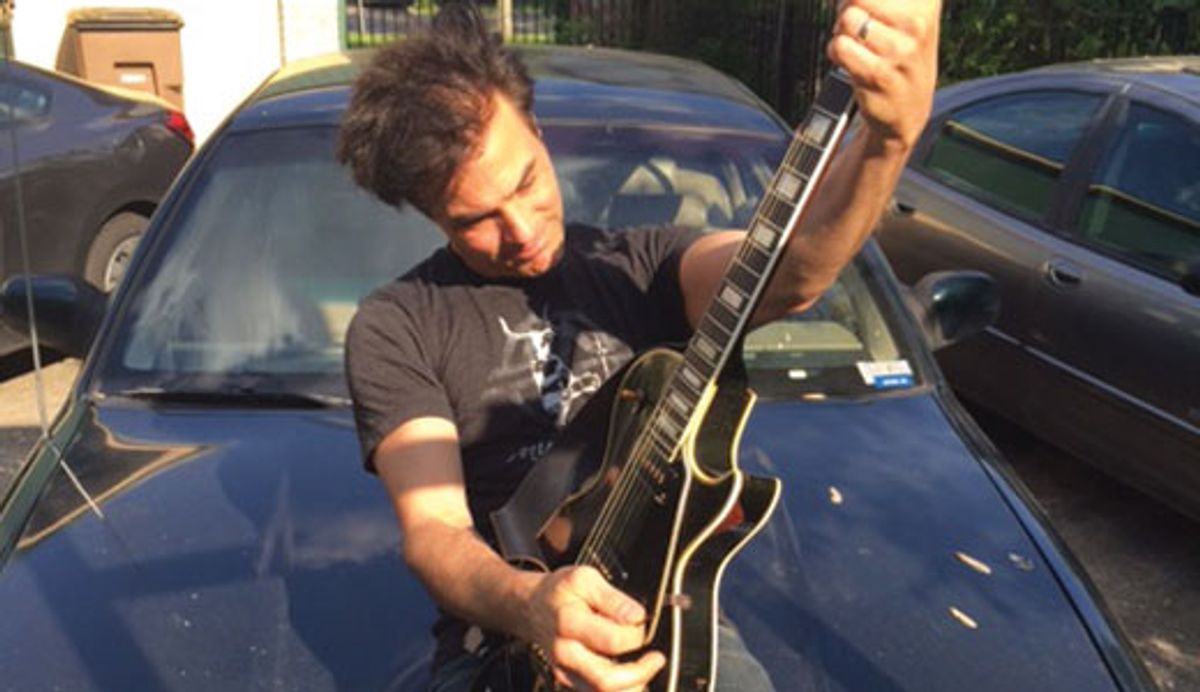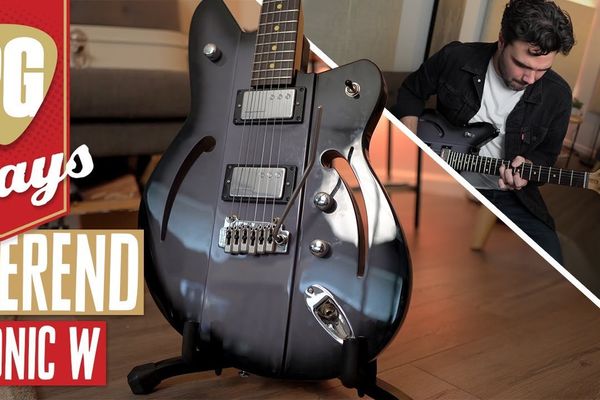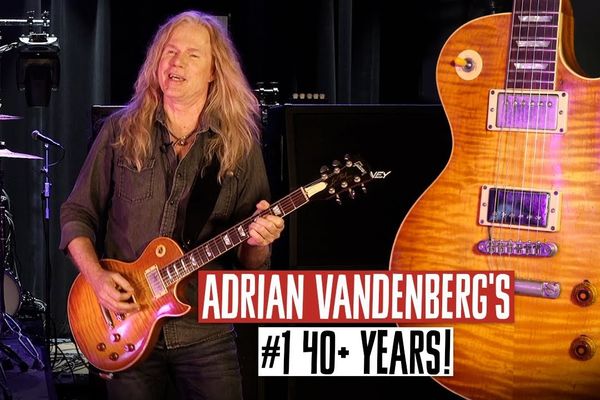
Old cars and old guitars: Ain't life grand when you're a picker? Photo by Hailey Watson of St. Jude.
Sometimes making music is reward enough.
I'm not a businessman. Even in a sticky-floored, warmish PBR-in-a-can dump of a club, negotiating my pay makes me so uncomfortable that I tend to stare at my shoes while sheepishly mumbling “thank you" as I take whatever they hand me after the gig. Luckily, many of the musicians I work with do not share my lack of testicular fortitude when it comes to discussing money. Here's one: Kenneth Smith, a great drummer and my longtime partner-in-crime, was hired by a well-funded starlet to play a showcase for a few labels in Nashville. The conversation went like this:
Kenneth: The band will need $500 each to cover a rehearsal and the showcase.
Manager: That seems exorbitant. You're only playing seven songs. It's just a 30-minute set. That's literally $1,000 per hour. We won't pay that.
Kenneth: You're not paying us for those 30 minutes. You're paying us for the 20 years it took to play this well. There are plenty of musicians who will do it for less. Hire them and take your chances.
The manager grudgingly paid, the starlet was happy, and all was well with the world.
In the music biz, that's negotiating like a Donald Trump-level baller. I don't have that skill. Here's what undermines my ability to become a hard-ass negotiator: I recognize the sheer joy of making music is its own reward. That's what drove all of us to spend countless hours alone in our rooms learning to play guitar. That being the case, at times it's difficult to wrap my head around the concept that there is inherent value in doing what most of us would happily do for free. As a teenager, if I was home, I was in my bedroom either playing guitar, sleeping, or doing that thing of which we do not speak that teenage boys do when not sleeping or playing guitar. The idea that I could turn any of these activities into money was a too-good-to-be-true scenario. To this day, each time somebody pays me to play music, I secretly think, “What a sucker—fooled 'em again." Professional musician equals best scam ever.
Playing guitar is a valuable skill because only the soulless are not drawn to the sound. Pull out a guitar anywhere and eventually people will stop, listen, and watch. Get good at it and somebody will pay to listen, or pay you to record something, or pay you to teach them how to play. It's not a stretch to monetize this specialized skill. That said, if you're a professional musician, you owe it to yourself and fellow musicians to maintain this perceived value. Here are a few rules to keep in mind.
terrible career choice.
Recognize what's work and what's just for fun. Free work usually leads to more free work. I've spent many hours toiling over charts, learning songs, and then playing shows for people who did not pay me. This made me feel good if I was having fun and helping good people who need help. Conversely, this made me feel bad when I was helping people who were ultimately only in it for themselves and could have paid me.
People who take advantage of you will continue to if you let them. If an unscrupulous club owner or ego-driven aspiring artist underpays or stiffs you, don't work with them again unless you're comfortable being their chump.
Don't take a gig unless it fulfills at least one of five requirements. It must either be fun, lucrative, good for your career, a favor for a friend, or support a cause you feel strongly about. The best gigs meet several of these requirements. If a gig doesn't fit one of them, it's not worth it.
If you have a bit of talent, work hard, actively seek out employment opportunities in the field, and treat people well, you can make a decent living as a musician. But if you're primarily motivated by money, music is a terrible career choice. It makes professional gambling seem like a reasonable way to pay the bills. I spent all of my 20s and most of my 30s living way below the poverty line, but I didn't miss anything. Living like this takes a certain mindset that's increasingly rare in our consumer-driven world. If you prefer to collect experiences rather than things, being a professional musician might be right for you.
Don't get me wrong, I love money and would happily sleep on a bed of freshly printed $100 bills every night if I could, but given the choice between doing something fun and interesting or something very profitable, I've always chosen fun. Which also means I've always chosen to live humbly. (I drive a 1996 Mercury Grand Marquis with four power windows that don't work and one window gaff-taped in place.) As long as I can cover my modest bills and continue to play music, I'm happy. The currency that music pays you goes way beyond money. Playing guitar not only feeds something in you, it can make you friends, brings some beauty and happiness into a dark world, and might even make you appear more attractive to potential sex partners who would ordinarily be out of your league.
To earn money while pursuing one's passion remains the universal dream. But more importantly, just to have a passion makes you lucky, even if the passion costs you money rather than earns it. You wouldn't be reading this if you weren't passionate about music, so go ahead and feel a bit smug. Instead of living those “lives of quiet desperation" that Thoreau wrote of in Walden, we're making some serious noise—often driven by 50 or more ear-shattering, tube-powered watts.

